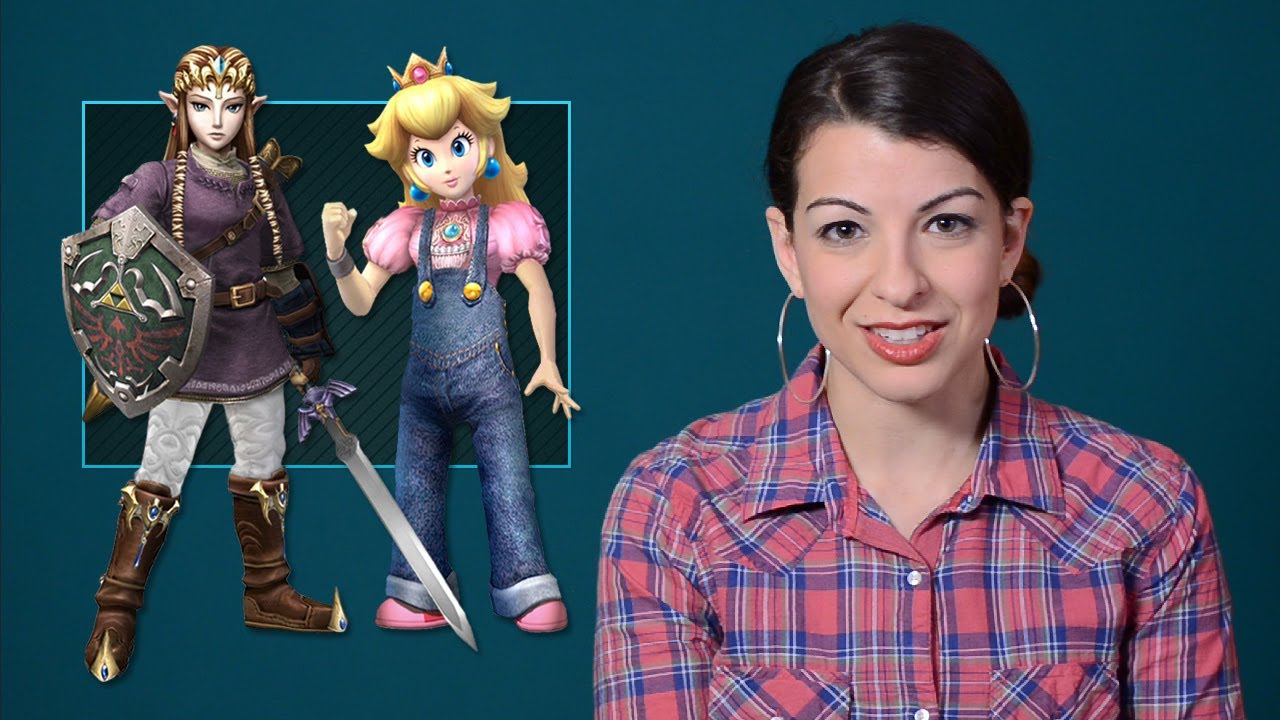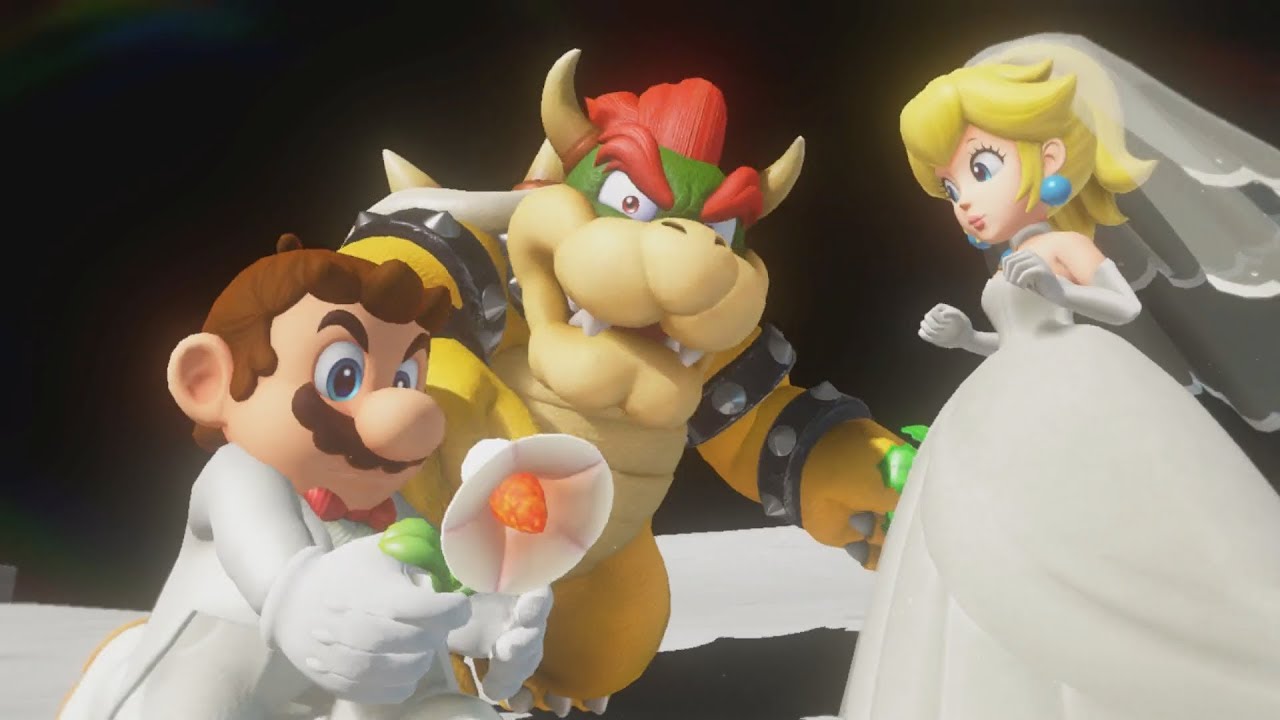As defined by the Merriam-Webster Dictionary, two of the three definitions of the word, “criticism” address the art of critiquing a work of art or literature. The first known usage of the word appeared in Thomas Dekker’s A Knight’s Conjuring (1607), according to the 1971 edition of the Oxford English Dictionary. The art of critique is old. It’s been applied to every medium of media imaginable. Literature, music, film, TV, painting, drawing, sculpture, dance, cooking, and on are all subject criticism. And yes, even video games.
Sometimes this criticism is minor, sometimes significant. But, well thought out criticism, is almost always given for the purpose of gaining a greater understanding of the work. And to attempt to push the creator’s ways of thinking. Because perfection is not for this lifetime and multiple heads are better than one. The act criticism doesn’t assert that a piece is worthless because it can be critiqued, rather, the art of critique suggests that a piece is valuable because it can be thoughtfully theorized. Of all of the communities I have walked in, built around media I find the video game community most resistant to hearing criticisms of the games which they love. I have some news for people who have a hard time hearing it.
Criticism Comes From a Place of Love
Whatever you think of Anita Sarkeezian, at the beginning of the first episode of her Tropes vs Women in Video Games series she opens with something which I think can be applied to criticism on a large scale:
“Remember that it’s both possible and even necessary to simultaneously enjoy media while also being critical of its more problematic or pernicious aspects.” -Sarkeezian
This is to say, critics of TV also enjoy TV or they wouldn’t care enough about it to comment on it. This is the same for video game critics. Just because someone gives a game a bad review, does not mean they hate video games or they were looking for problems. Problems found them and they reported on it. This can mean bugs, bad combat mechanics, or a crappy story, but it can also mean not enjoying the treatment of a character.
Taking the time to figure out why something about a game was unenjoyable or enjoyable and expressing it is what video game criticism is. It takes time, knowledge, research, and most of all love. Because without a deep love for the medium, it’s easier to simply say, “well, its just a game,” and walk away. But to me and other critics, video games are not, “just games,” they are a powerful form of media which deserve the level of respect that other mediums get.
When critics tackle the social implications of a video game, it is high praise. It means they believe video games have the ability to affect the way people look at social issues in their daily lives. And because of that, games then have a responsibility to be conscious of this influence. If you believe it’s, “just a game,” you are saying video games aren’t affecting. If you are unable or unwilling to give video games that level of respect, are you really someone who is passionate about games?
Latest posts by Nicole Hunter (see all)
- When the FPS for “Everyone” Goes Pro - January 16, 2018
- Can You Enjoy Problematic Games and Uphold Your Values? - December 5, 2017
- Why Video Game Criticism Exists - November 9, 2017

